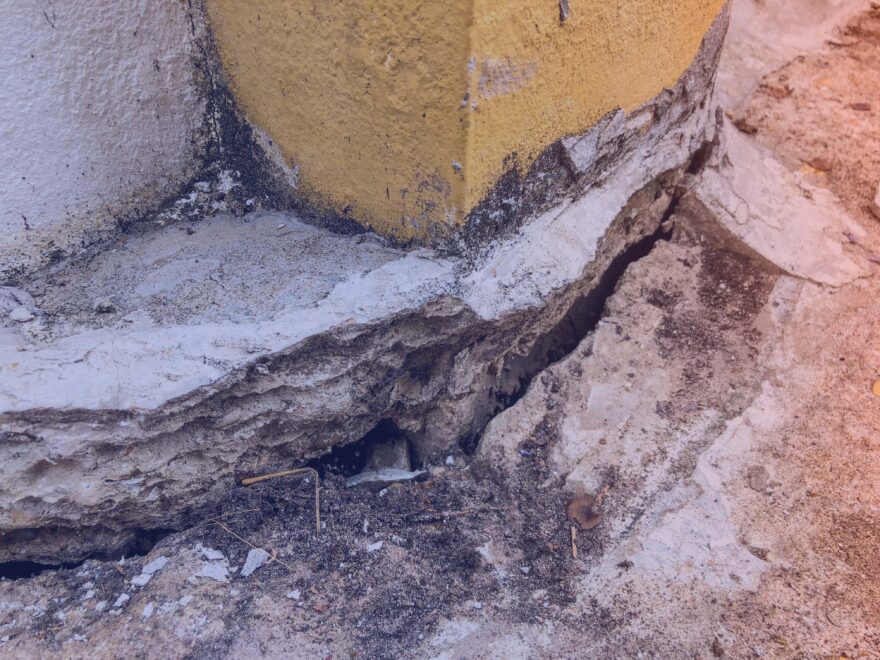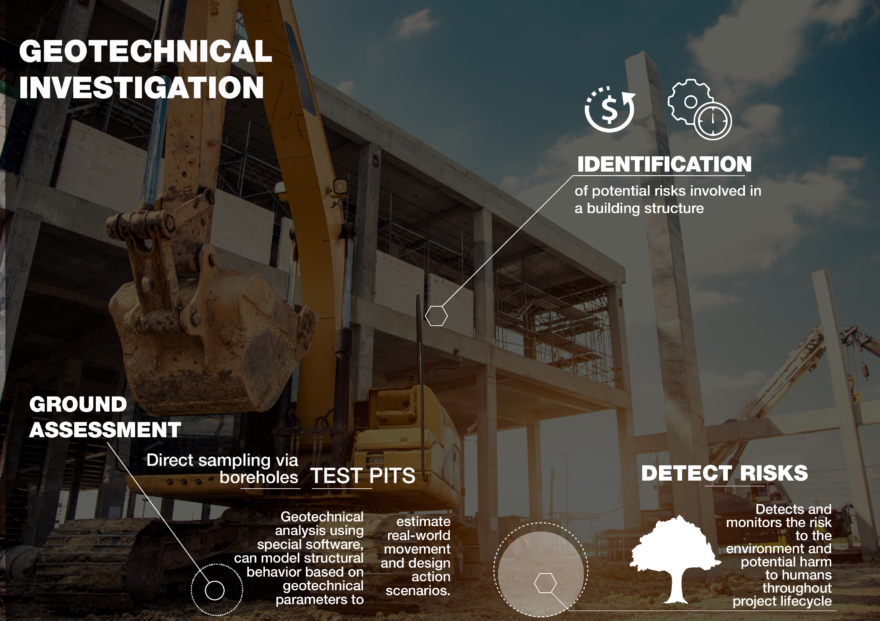Something to consider instead, what would happen if a geotechnical investigation of a site was not performed prior to design or construction?

While there are varying degrees in severity, the failure to appropriately understand the ground conditions of a site and to design and build appropriately, could result in one or more of the following: building damage such as cracked walls, failed pavements and damage to retaining walls and/or plumbing. In extreme cases, the collapse of structures can occur.
Any of these outcomes could pose serious harm to people, result in legal consequences, and drive up the original cost of the project considerably.

So, why is a geotechnical investigation important?
- Provides a good assessment of the ground conditions likely to be encountered;
- Offers assurance that the site is suitable for its intended development or redevelopment purpose;
- Provides suitable parameters to assist design and construction in accordance with good engineering practice;
- Detects and monitors the risk to the environment and potential harm to humans throughout project lifecycle
- Will assist with All project budgeting, allow efficient design, and forewarn builders of the likely risks that may occur on site.

Put simply, a geotechnical investigation will serve as a valuable assurance that the project is viable and can be designed and built in an efficient manner.
Geotechnical engineers are skilled at identifying the potential risks involved in proposed building structures on a site. They can do this through a range of investigation techniques, including direct sampling via boreholes and test pits and indirect geophysical techniques. Geotechnical analysis using special software, can model structural behaviour based on geotechnical parameters to estimate real-world movement and design action scenarios.

All engineers and geologists at Douglas Partners are recipients of accredited university engineering degrees, as a minimum qualification, and receive valuable mentorship from the vast leadership within the company. Fortunately, building and design engineering in Australia is highly regulated, and therefore many ‘geotechnical disasters’ that have been seen around the world are highly unlikely to happen.
Irrespective of scale, to build or extend on a foundation without a detailed understanding of the ground conditions is a high-risk activity.
